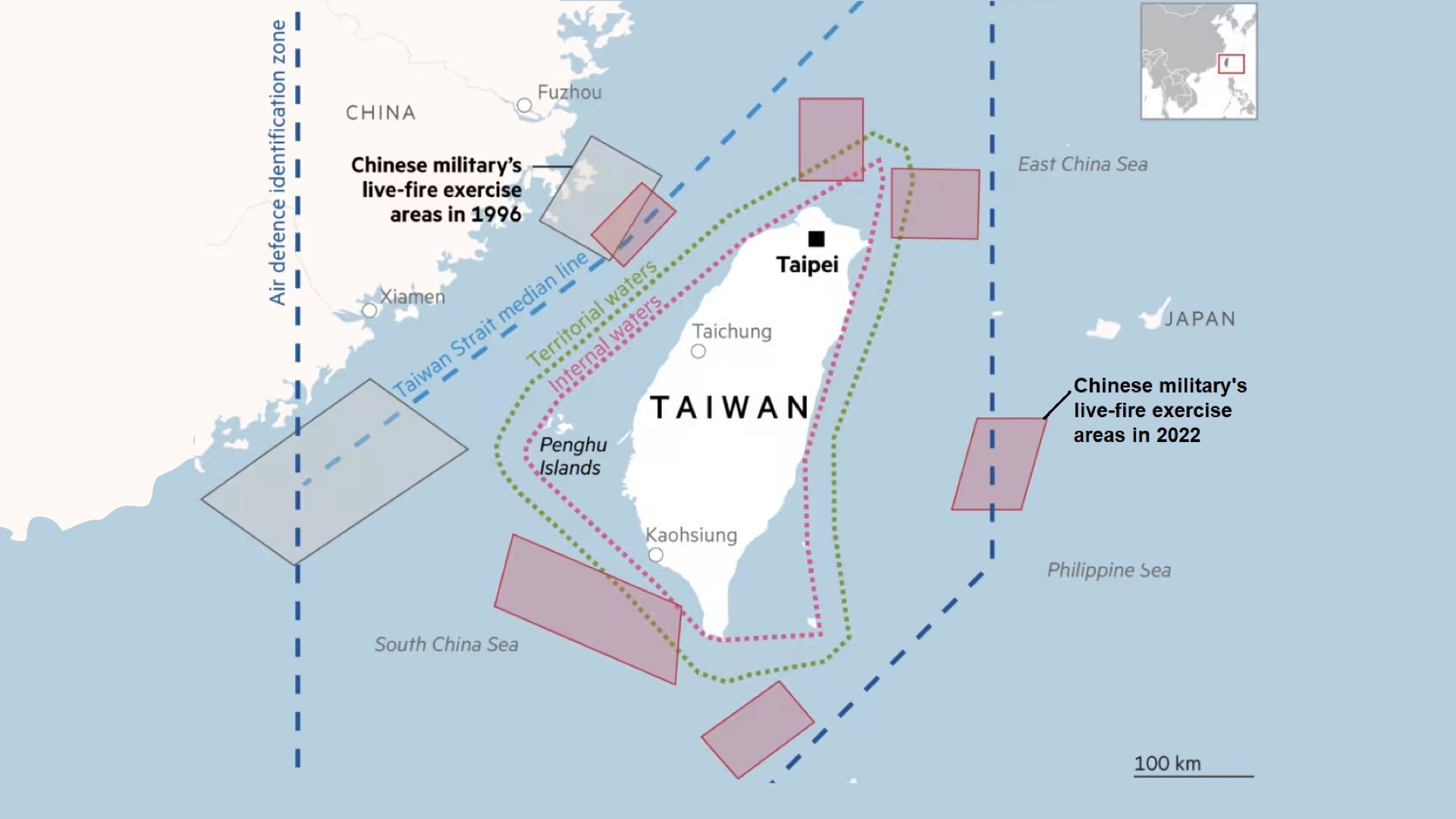Israel's Blockade: The Devastating Impact On Gaza's Health And Security

Table of Contents
The Crumbling Healthcare System in Gaza
The Israeli blockade has systematically undermined Gaza's already fragile healthcare system, creating a humanitarian crisis. The restrictions on the import of essential goods and materials have left hospitals and clinics struggling to provide even basic care.
Limited Access to Essential Medications and Equipment
The blockade severely restricts the entry of vital medications, medical equipment, and advanced technologies into Gaza. This shortage translates directly into preventable suffering and death.
- Medication Shortages: Chronic shortages of essential medicines, including those for treating cancer, diabetes, and heart disease, are commonplace. The lack of specialized pharmaceuticals leaves countless patients without adequate treatment.
- Equipment Deficiencies: Hospitals lack modern diagnostic equipment, surgical instruments, and life-support systems. The limited availability of essential medical technology hinders the provision of effective healthcare.
- Technological Gaps: Gaza's healthcare sector is significantly behind in technological advancements compared to other regions. The blockade prevents the import of new medical technologies, limiting the ability to provide cutting-edge treatments.
- Impact on Patients: According to the World Health Organization (WHO), a significant percentage of patients in Gaza are unable to receive the necessary treatment due to the blockade, leading to preventable deaths and disabilities.
Understaffed and Under-Resourced Hospitals
The blockade's impact extends beyond the lack of supplies. The ongoing crisis has also led to a severe shortage of trained medical professionals and resources within Gaza’s hospitals.
- Brain Drain: Many skilled doctors and nurses have left Gaza due to limited opportunities, poor working conditions, and low salaries. The exodus of medical professionals further weakens the already strained healthcare system.
- Lack of Training: The blockade restricts access to medical training and continuing education opportunities for healthcare workers, hindering their professional development and limiting their ability to provide high-quality care.
- Infrastructure Challenges: Frequent power outages and water shortages, also exacerbated by the blockade, significantly impact hospital functionality and the safety of patients.
Increased Prevalence of Preventable Diseases
The consequences of the blockade are acutely visible in the rising rates of preventable diseases within the Gaza Strip.
- Disease Outbreaks: Poor sanitation, limited access to clean water, and lack of preventative healthcare have led to outbreaks of infectious diseases, such as cholera and typhoid.
- Malnutrition: Food insecurity, also a direct consequence of the blockade, contributes to widespread malnutrition, particularly among children. Malnutrition weakens the immune system and increases vulnerability to disease.
- Long-Term Health Impacts: The long-term consequences of malnutrition and inadequate healthcare are devastating, leading to stunted growth, developmental delays, and increased susceptibility to chronic diseases throughout life.
The Impact on Security and Stability in Gaza
The Israeli blockade's impact on Gaza extends far beyond health, significantly impacting security and stability in the region. The economic and social repercussions fuel instability and increase the likelihood of conflict.
Economic Hardship and Unemployment
The blockade has devastated Gaza's economy, causing widespread unemployment and poverty.
- Unemployment Rates: Unemployment rates in Gaza are among the highest globally, with a significant portion of the population struggling to meet basic needs.
- Economic Stagnation: The restrictions on the movement of goods and people stifle economic activity, preventing growth and development.
- Poverty and Inequality: The blockade has exacerbated existing inequalities, leaving vulnerable populations particularly exposed to hardship and instability.
Restricted Movement and Travel
The blockade severely restricts the movement of people and goods, hindering access to essential services and opportunities.
- Movement Restrictions: The movement of individuals is highly regulated, limiting access to healthcare, education, and employment opportunities outside Gaza.
- Access to Essential Services: The movement of goods is also heavily controlled, impacting the availability of essential supplies and resources.
- Family Separation: The restrictions on movement have devastating consequences for families, causing separation and hindering reunification.
Increased Vulnerability to Conflict
The blockade has created a climate of desperation and resentment, contributing to a cycle of violence and conflict.
- Desperation and Resentment: The ongoing hardship and lack of opportunity create a breeding ground for anger and frustration, increasing the risk of unrest and violence.
- Civilian Casualties: During periods of conflict, the blockade increases the vulnerability of the civilian population, leading to higher rates of injury and death.
- Humanitarian Crisis: The prolonged blockade has created a dire humanitarian crisis, jeopardizing the lives and well-being of millions of Gazans.
Conclusion
The Israeli blockade has had a devastating and multifaceted impact on Gaza's healthcare system and overall security, resulting in a profound humanitarian crisis. The lack of access to medicine, under-resourced hospitals, widespread economic hardship, and increased instability are all direct consequences of this prolonged siege. The suffering of the people of Gaza is undeniable, and the international community must act to alleviate this crisis.
Demand an end to the devastating Israeli blockade and help provide essential medical supplies and support to the people of Gaza. Learn more about the humanitarian crisis and take action today to alleviate the suffering caused by the Gaza blockade. [Link to relevant organization 1] [Link to relevant organization 2]

Featured Posts
-
 Increased Scrutiny For Nigerian Visa Applicants In The Uk
May 10, 2025
Increased Scrutiny For Nigerian Visa Applicants In The Uk
May 10, 2025 -
 Fox News Jeanine Pirro Potential Dc Prosecutor Under Trump
May 10, 2025
Fox News Jeanine Pirro Potential Dc Prosecutor Under Trump
May 10, 2025 -
 Informations Utiles Sur Le Don De Cheveux A Dijon
May 10, 2025
Informations Utiles Sur Le Don De Cheveux A Dijon
May 10, 2025 -
 Infineon Ifx Sales Guidance Misses Estimates Amidst Trump Tariff Uncertainty
May 10, 2025
Infineon Ifx Sales Guidance Misses Estimates Amidst Trump Tariff Uncertainty
May 10, 2025 -
 Seattle Welcomes Canadian Sports Fans Par Exchange For Canadian Dollars
May 10, 2025
Seattle Welcomes Canadian Sports Fans Par Exchange For Canadian Dollars
May 10, 2025
